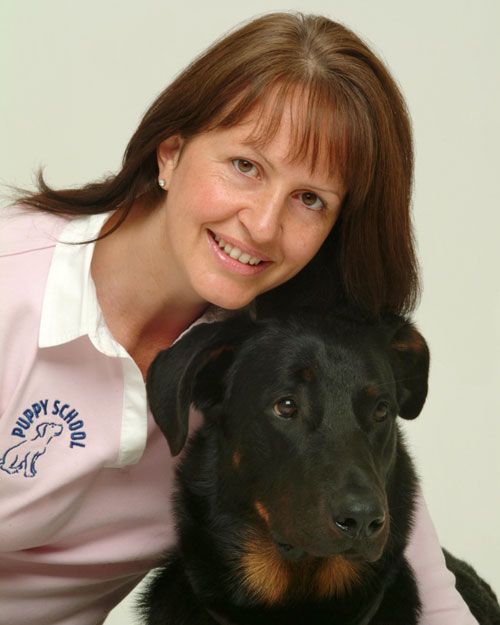Perhaps you are planning to escape to the country this year, and this is the perfect opportunity to own a dog for the first time. Or maybe you have always wanted a dog for weekend walks in the countryside, but are nervous about how to proceed. Either way, if you wish to buy a dog this year, your choice of breed could be crucial. Some breeds will suit your lifestyle perfectly, but the wrong dog will lead to stress and unhappiness – for both of you. Here are the things you need to do and consider before buying or rescuing a dog.
Owning a dog can change your life for the better. Dogs give you a reason to go outside every day for fresh air and exercise; they bring a whole new dimension to exploring the countryside as they enjoy the space and freedom; and they will regularly bring you into contact with others of a like mind. And there is nothing quite like the companionship that a faithful dog can bring.
All this only becomes possible if you have chosen and trained your dog wisely. To avoid problems, such as your dog running away, chasing, or pulling incessantly on the lead, you need to make a wise choice that suits your household, and also give good education and training.
Start by reading our 'Should I get a puppy?' guide, to look into all the things you need to consider before you get as far as choosing a dog breed...
How to choose a dog breed
Work out how much time you have
To make a good choice, get the family together to make a list of all the characteristics you want from a new dog. Think about things such as exercise, personality, size, and attitude to visitors and other dogs. Include what you can offer the dog. Be realistic: how much free time does each member of the family really have? Who will do the feeding, walking, playing, taking to the vet and the extra cleaning? Armed with your list, find a dog with the genes to suit you all.
Choose the temperament for you
If any breeds look appealing, research their temperament traits. A big clue to personality is the history of the breed and the job its ancestors did. So once you know the temperament predispositions you’re dealing with, consider what a dog with those traits will be like living in your home.

Decide whether to buy or rescue a dog
Once you’ve settled on the type of dog you want, do you buy a puppy or find an adult from a rescue centre? A puppy is a clean slate and you will enjoy to delights of watching them grow, but you will need lots of time for education during the first year to develop a well-behaved dog. Alternatively, an adult will be past the house training and chewing phases, and what you see is what you get.
Research breeders
If you decide on a puppy, be sure to choose your breeder wisely as this will make a tremendous difference to the health and temperament of the dog you end up with. Not only will the breeder be responsible for the genetic make-up, but they will also be caring for the puppy for the majority of the socialisation period, a time when the puppy needs to learn all about the world in which it will live if it is to be well-adjusted and unafraid later.
Finding good breeders is not easy, but it is best not to visit litters unless you have done your research. It is almost impossible not to fall in love at once when you see those little balls of fluff, so it is better to only visit puppies that you know have been raised by a conscientious and dedicated breeder.

Find out about potential health issues for the breed
In addition, make sure the breeder you choose has had all tests done for the inherited diseases for that particular breed. Sadly, in producing pedigree dogs, gene pools have become small and inherited diseases abound. This has become such an issue that many owners are turning to crossbreeds, such as Labradoodles or Cockapoos. So find out about the diseases affecting your chosen breed and make sure you are buying a dog that has every chance to live a long and healthy life.
Find out more about the dog vaccinations you'll need here.
Plan for training your dog
Whether you get an adult or a puppy, one of the most important things to do is to house train your dog and educate. This will allow you to have a dog that can be controlled outside on walks and is nice to live with at home. Modern methods of positive training allow this to be a fun activity for both you and the dog, and all the family can enjoy teaching the new dog or puppy how to behave. Read our dog walking guide for more tips and tricks to help your dog behave on walks.
We'd recommend reading one of these dog training books as a starting point, and buying a dog whistle for training and recall.

Decide whether it's actually for you – and whether it's the right time!
And finally, if going out in all weathers really fills you with dread, or work and a social life keeps you away from home, it may not be a good time to get a dog. Better to wait until your circumstances change so that both you and the dog will have a good chance of enjoying life together.
More dog advice:
